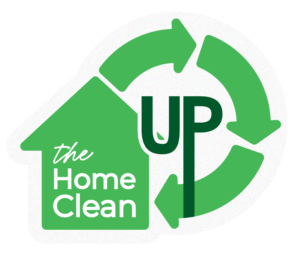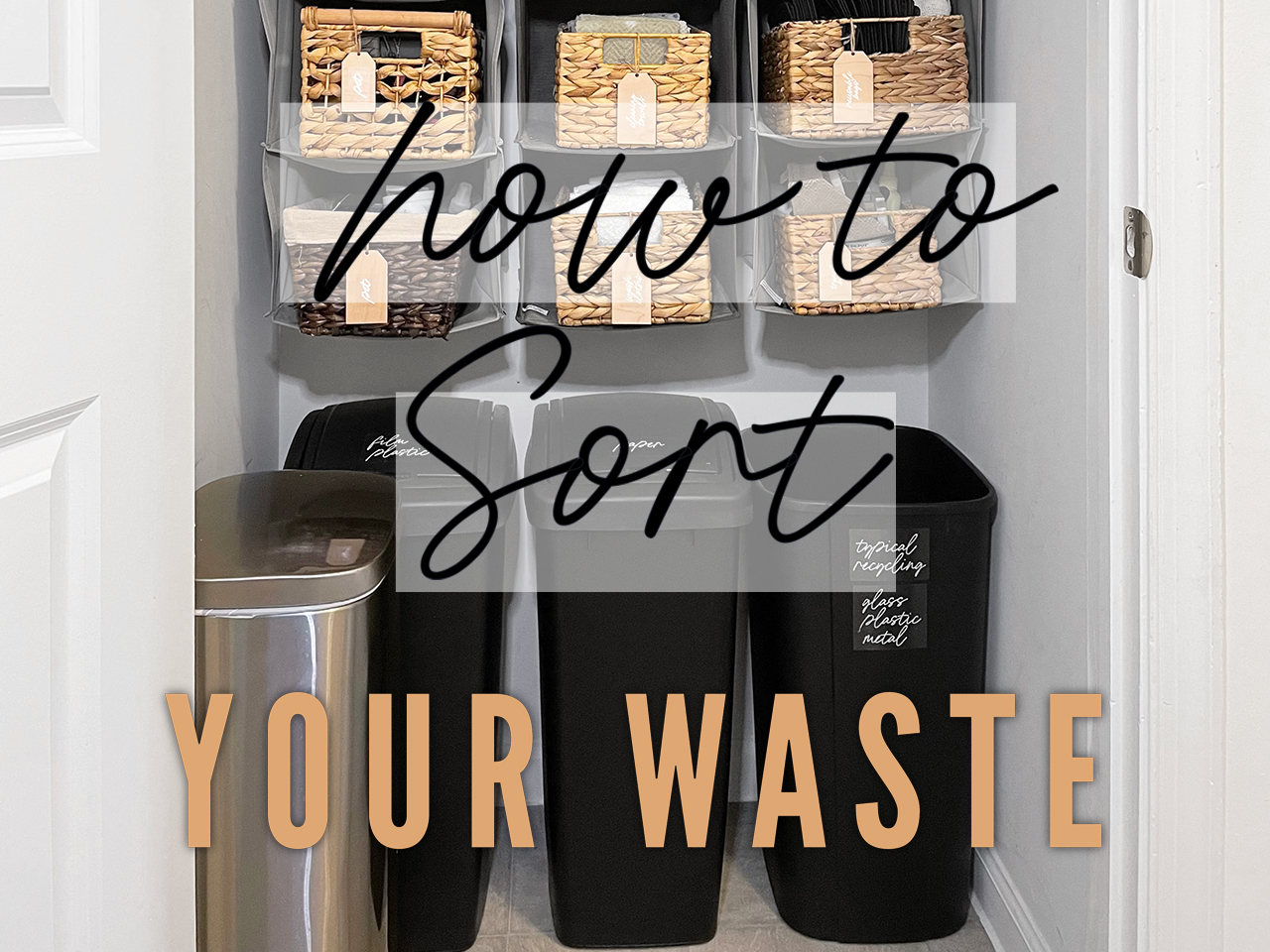Sorting waste can be formidable if there is no process in place which works for you, your home and your family. Best recycling practices happen gradually with consistent efforts and energy towards becoming more environmentally responsible to reduce your carbon footprint.
Why sort your waste?
Sorting your waste increases the likelihood of a material being made into a new product; extending its lifecycle. For example collecting all your paper in one bin and bundling it up before recycling saves time and energy from someone else having to do it. Simple practices such as removing the plastic label from a glass bottle take no longer than 30 seconds and it sequentially increases its likelihood of that bottle getting recycled.
Donate!
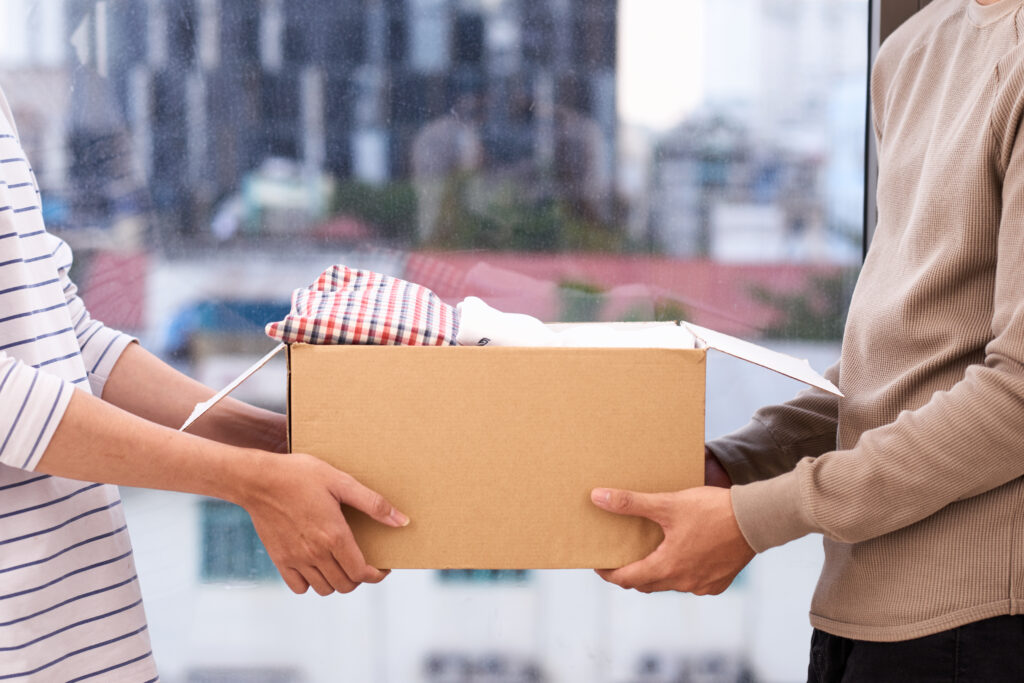
Donating is a great way to help your community and yourself! By decluttering items which are salvageable you can make your space tidy and organized. It’s important to screen your items to make sure that your donations are of the best quality. For this reason, it’s best to donate something before it ends up lost in your attic or basement.
A couple good rules of thumb to follow while donate are
If you haven’t touched it or used it in over a year
If your clothes are larger or smaller by two sizes
If it isn’t sentimental
Compost
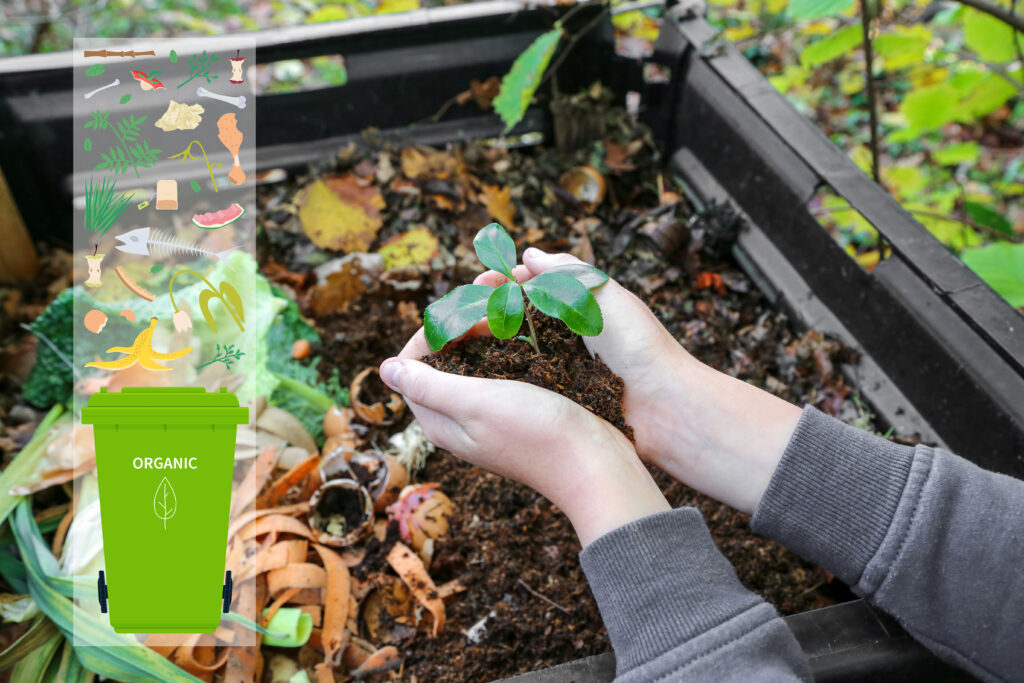
Composting is an easy way to decrease your carbon footprint, considering one third of the world’s food production is wasted. While commercial compost bins can be expensive, DIY compost bins can be very easy and cheap. If you live in an apartment and do not have access to a backyard, having a countertop composter may be the best avenue to explore.
Do-It-Yourself compost bins can be made with upcycled wood, storage containers, milk crates, trash bins, pallets, even buckets! There are so many ways to compost in your backyard with things you probably already have laying around. However, try best to follow these tips.
Composting Tips
- Use a lid on your compost bin, to keep the bin moist and pests away
- Add water when it looks dry
- Add worms to your bin
- Utilize airflow for quicker breakdown
- Keep outside, if possible
Paper
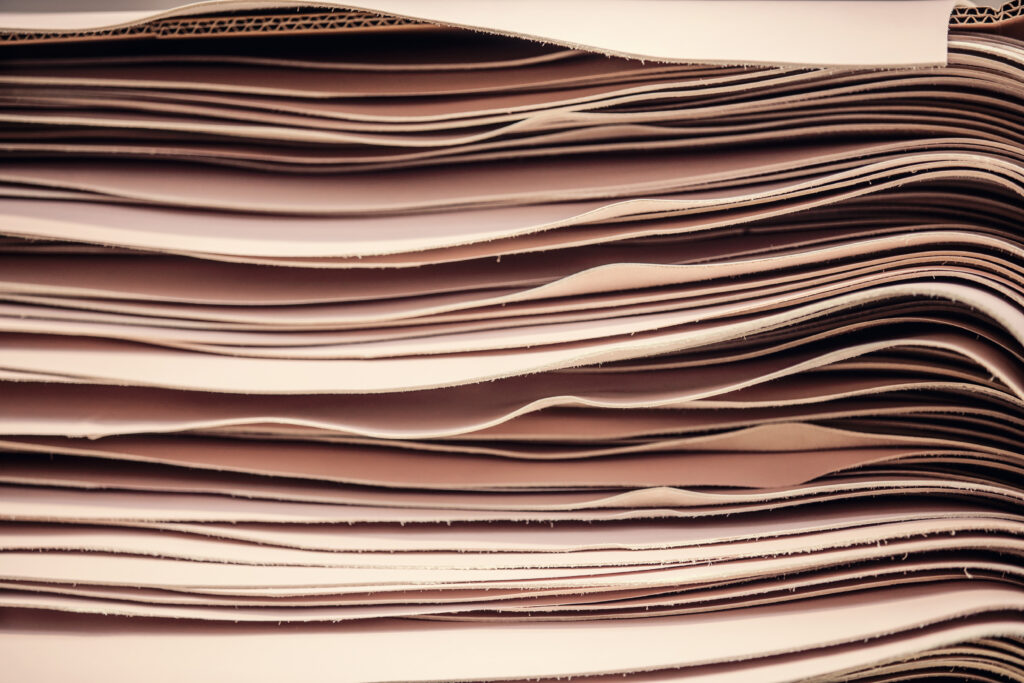
Yes, paper can be added to your compost, but if you have a small composter which doesn’t have room for all your paper recycling then it’s best to separate your paper products before tossing them. Having a recycling bin just for paper is a great way to ensure that all your paper products are getting recycled. It’s important to check that all the paper is clean and grease-free, so no pizza boxes! Alternatively it’s perfectly fine to break down the greasy part of the pizza box for composting.
Why have a separate paper recycling bin?
Bundling! Save a tree and bundle your used papers and cardboards. Not to say you have to organize your paper before recycling it but having a pre-packaged bundle tied with twine increases the likelihood of all your old paper products getting recycled. Listed below are paper products which are acceptable in most municipal recycling streams but to be certain, check what your municipal recycling program accepts!
Accepted Paper Products
- Cardboard
- Brown paper
- Printer paper
- Newspaper
- Magazines
- Cereal boxes
Precycle: Some paper products are coated / lined with plastic, aluminum or other materials and will not be recyclable.
In Store Drop Off
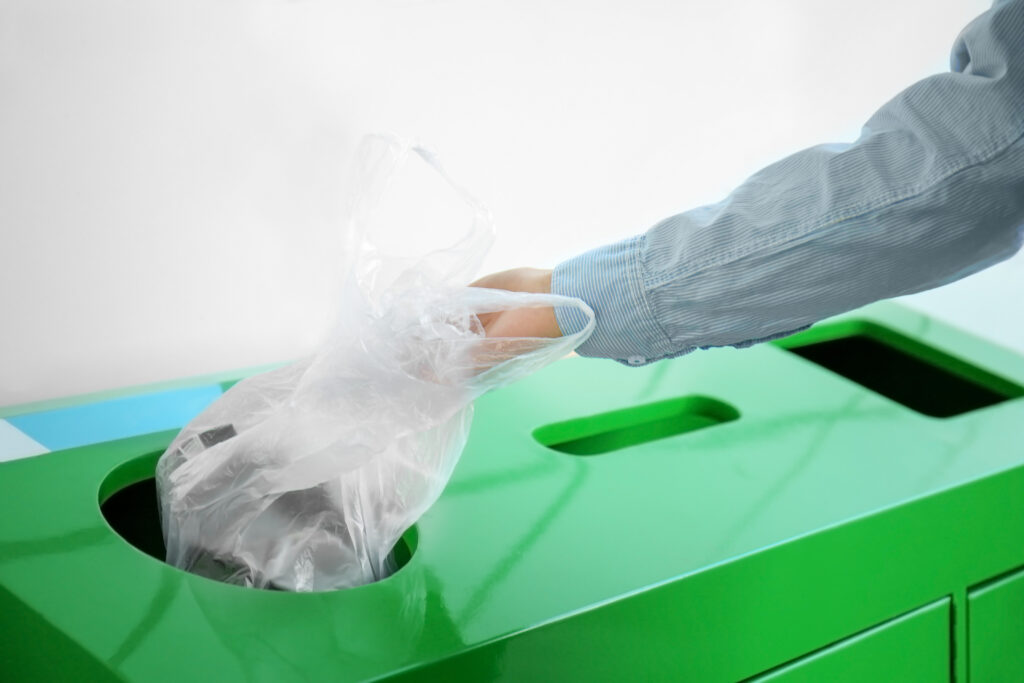
There is a gray area when it regards In-Store Drop Off plastics because some items which can be accepted don’t always have a recycling symbol. In-store drop off programs are for film plastics #2 or #4. Invest into another recycling bin for in-store drop off materials, make sure that all items are cleaned and dried before tossing! Most local marketplaces have some form of drop off program for film plastics research into your area to see which stores recycle. Utilizing an In-Store Drop Off program is an easy and satisfying way to help the environment from unnecessary waste.
Before Recycling
- Empty film plastic
- Clean with soap & water
- Air dry
- Add to In-Store Drop Off recycling bin
Terracycle Zero Waste Box Program
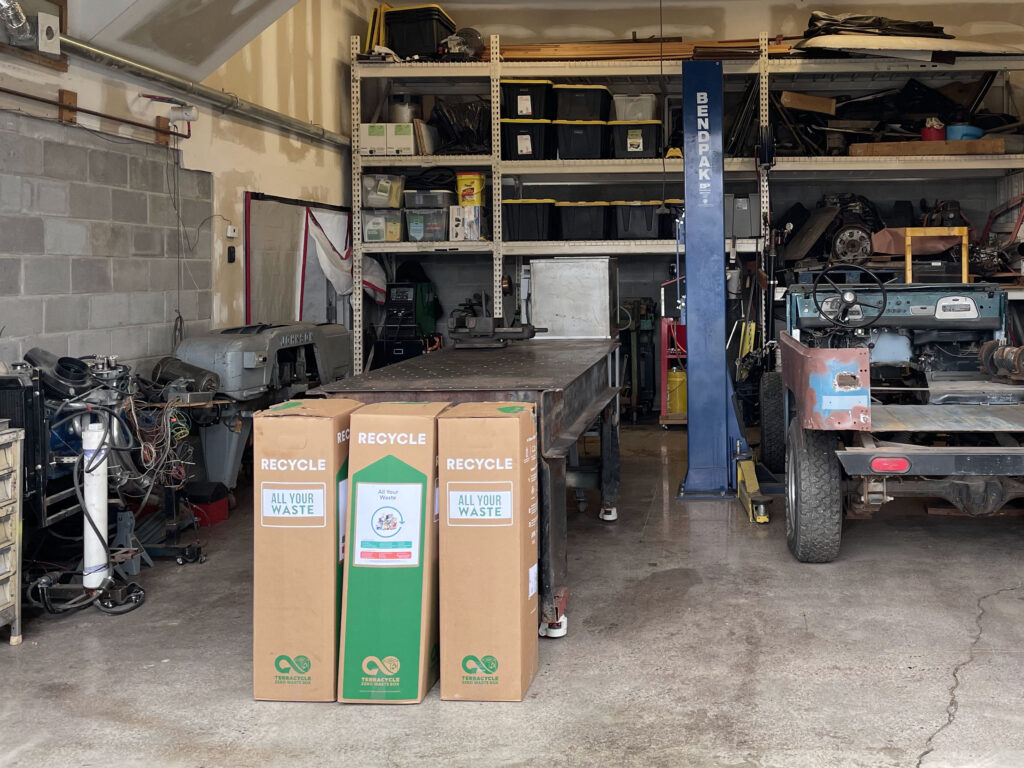
If your items aren’t recyclable through typical recycling streams or donational you can invest in a Terracycle Zero Waste Box for hard-to-recycle products and materials.
What is a Zero Waste Box?
After a box of recyclables is sent in to Terracycle the box is weighed, items are sorted, cleaned and separated. Organics are composted, metals are melted into new formats, plastics are shredded and melted into pellets. These materials are used to make new products such as outdoor decking, storage containers and bins, tubes in construction containers, floor tiles, playground surface covers and playgrounds.
Items Terracycle Recycles
- Alkaline Batteries
- Athletic Gear
- Art Supplies
- Baby Gear
- Bathroom Seperation
- Bedroom Seperation
- and more!
Receive 20% off any ZERO WASTE BOX using discount code: ALEC20
Typical Recycling
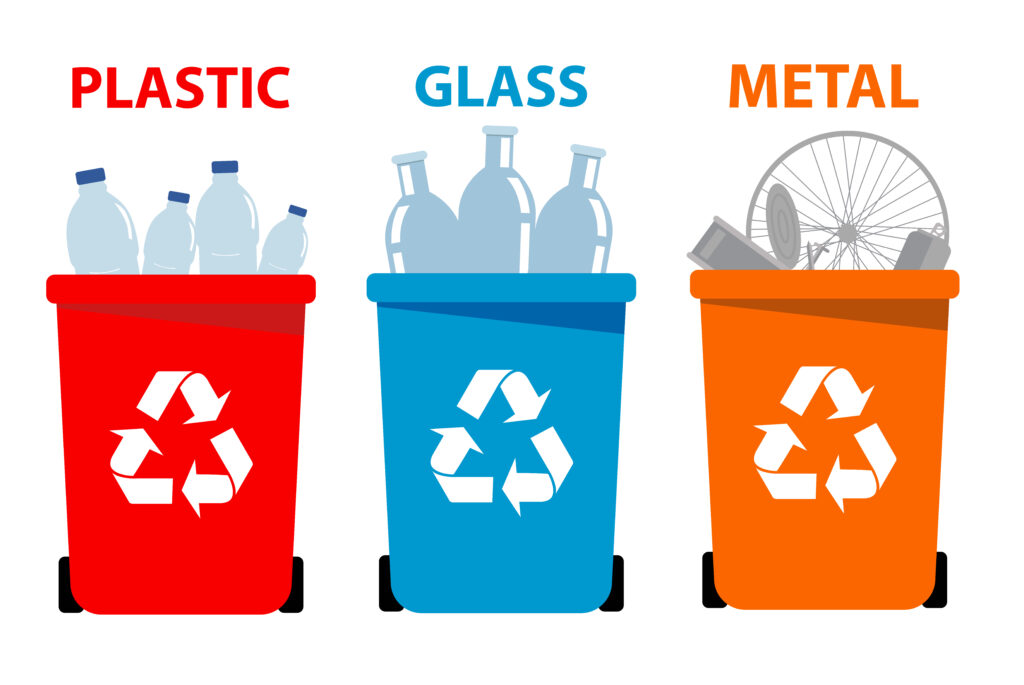
What is Precycling?
Precycling is purchasing with the best intentions for the planet first, by understanding what you can recycle. When shopping, look for a recycling symbol on the packaging; confirming that it can be recycled. If possible buy produce with no packaging and bring your own. Plastic packaging would ideally be the last resort as it’s least likely to get recycled. Listed below are product packaging types organized by their environmental impact.
Recycling Product Packaging
- Bring your own / bags & mason jars
- Paper – Compostables
- Metal
- Glass
- Plastic
- Film Plastic
Glass
Glass can be recycled infinitely so it makes for a better option over any plastic! Many ceramics are glazed with toxic chemicals. Using ceramic dishware that is chipped or cracked can cause health issues from possible lead exposure. Once broken, glass can no longer be recycled as it can harm the recycling plant workers. By adding broken glass to your recycling bin risks the chances of the entire truck/ bin going straight to the landfill.
How to recycle broken glass at home?
Upcycling Tip: Broken glass can be ground down with a hammer in a paper bag to make a very fine particle dust; this then can be added to a bag of commercial dry concrete mix! Make sure to wear eye protection and a face mask for this project!
Metal
Metal packaging is a great choice because it is a valuable material and easy for recycling systemms to sort typically through the use of magnets. Most metal types do not change properties even after being recycled. Collect small scrap metals in a large jar and deliver to a scrap yard when full to ensure the material will properly get sorted and recycled.
Plastics
All plastics with the recycling symbol can be recycled, but not all plastics may be accepted where you live. It’s best to know what type of materials your municipal recycling center accepts. Be sure to thoroughly clean your plastics and remove it’s packaging label before tossing into your recycling bin. Look for recycling instructions on the back of the product; some plastic lids aren’t safe to recycle.
Before Recycling
- Empty Plastic, Glass & Metal
- Clean with soap & water
- Air dry
- Remove label
- Add to typical recycling bin
Following these cleaning practices increase the likelihood of your recyclables being made into new products. Plastics cannot be recycled infinitely, dirty plastics will not be recycled due to contamination of the material.
If this is all new but you aspire to become more proactive; set goals for your environmental journey! Start small, try sorting paper and in-store drop off recyclables in paper bags for a couple of weeks. If you find that this works for you, invest in durable recycling bins for these recyclable materials. Next you can advance to composting and send-in programs to live a more sustainable life!
Hire a Home Organizer
Is your home completely unorganized? If the clutter has become too much for just you, consider hiring a home organizer to help.
For virtual services contact us on our RECYCLE page for assistance on your home organizing project! The Home Upcycle consults you about your project and creates a specific plan of action to declutter and organize your space in the most sustainable way possible!
